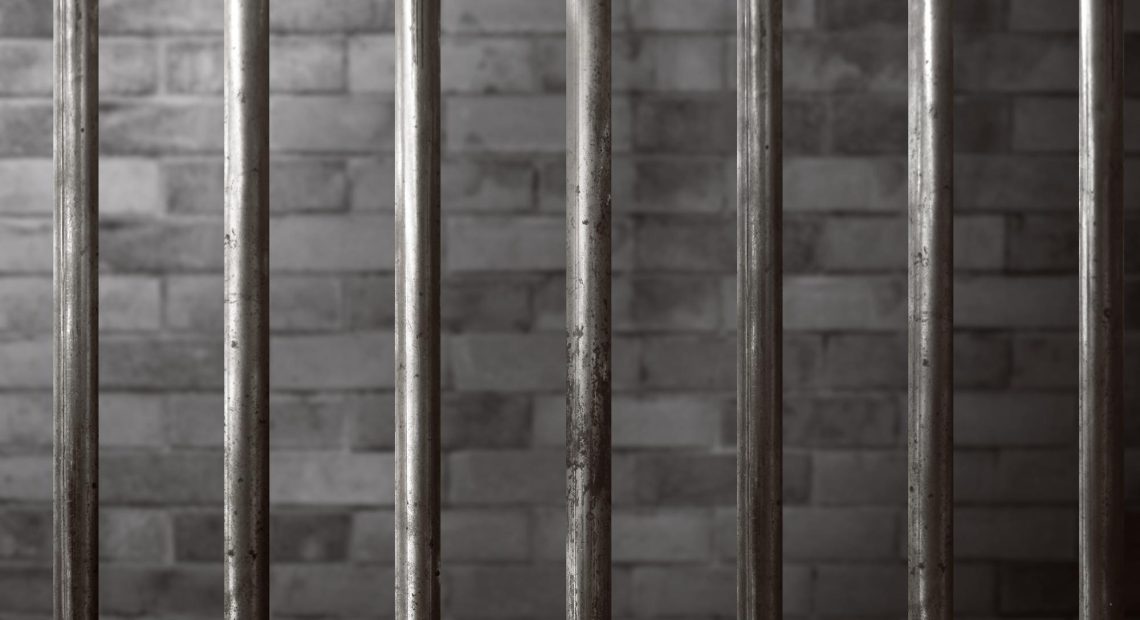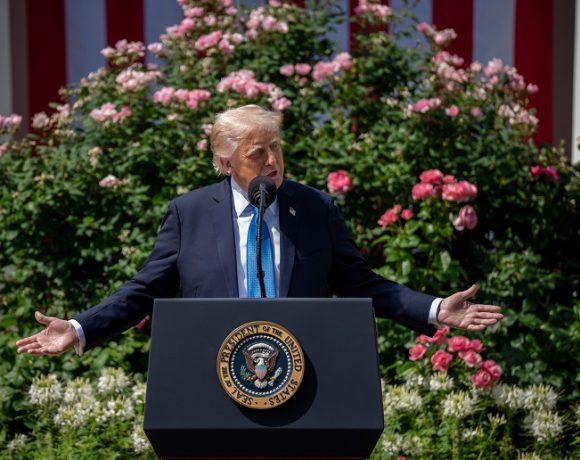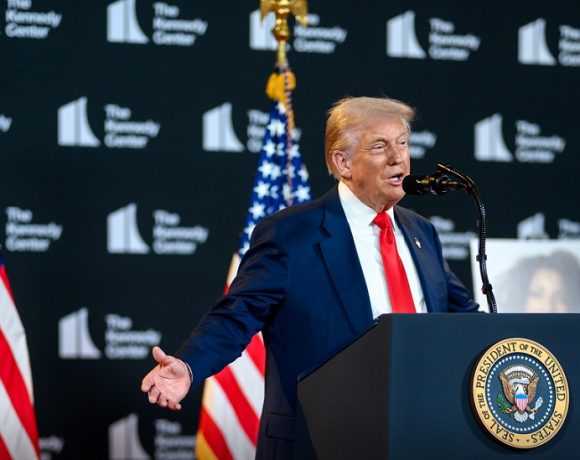
El Salvador Offers to Incarcerate U.S. Deportees, Including Violent Criminals
In a groundbreaking development, El Salvador has proposed to accept deportees from the United States, regardless of their nationality, including individuals convicted of violent crimes. This initiative was discussed during a recent meeting between Salvadoran President Nayib Bukele and U.S. Secretary of State Marco Rubio.
El Salvador’s Incarceration Proposal
President Bukele has offered to house these deportees in El Salvador’s high-security facilities, such as the Terrorism Confinement Center (CECOT). This facility, known for its stringent security measures, is considered one of the largest and most secure prisons in Latin America. The Salvadoran government has indicated that it will charge the U.S. a fee for each inmate housed, aiming to cover the costs associated with their incarceration.
U.S. Response and Considerations
Secretary Rubio described the proposal as “the most unprecedented and extraordinary migratory agreement anywhere in the world.” The U.S. administration is currently evaluating the legal and logistical aspects of transferring deportees, including American citizens convicted of serious offenses, to foreign detention facilities. This move aligns with broader efforts to manage prison overcrowding and enhance immigration enforcement.
Implications for U.S.-El Salvador Relations
This proposal signifies a deepening of bilateral cooperation between the U.S. and El Salvador, particularly in addressing complex issues related to immigration and criminal justice. By potentially outsourcing the incarceration of certain individuals, the U.S. could alleviate some of the pressures on its domestic prison system. However, this approach raises questions about the legal frameworks governing the transfer of prisoners and the human rights standards in the receiving facilities.
Conclusion
El Salvador’s offer to incarcerate U.S. deportees, including those convicted of violent crimes, represents a novel approach to international cooperation in criminal justice and immigration enforcement. As both nations deliberate on the specifics of this arrangement, considerations regarding legal protocols, human rights, and the financial implications will be paramount.


















